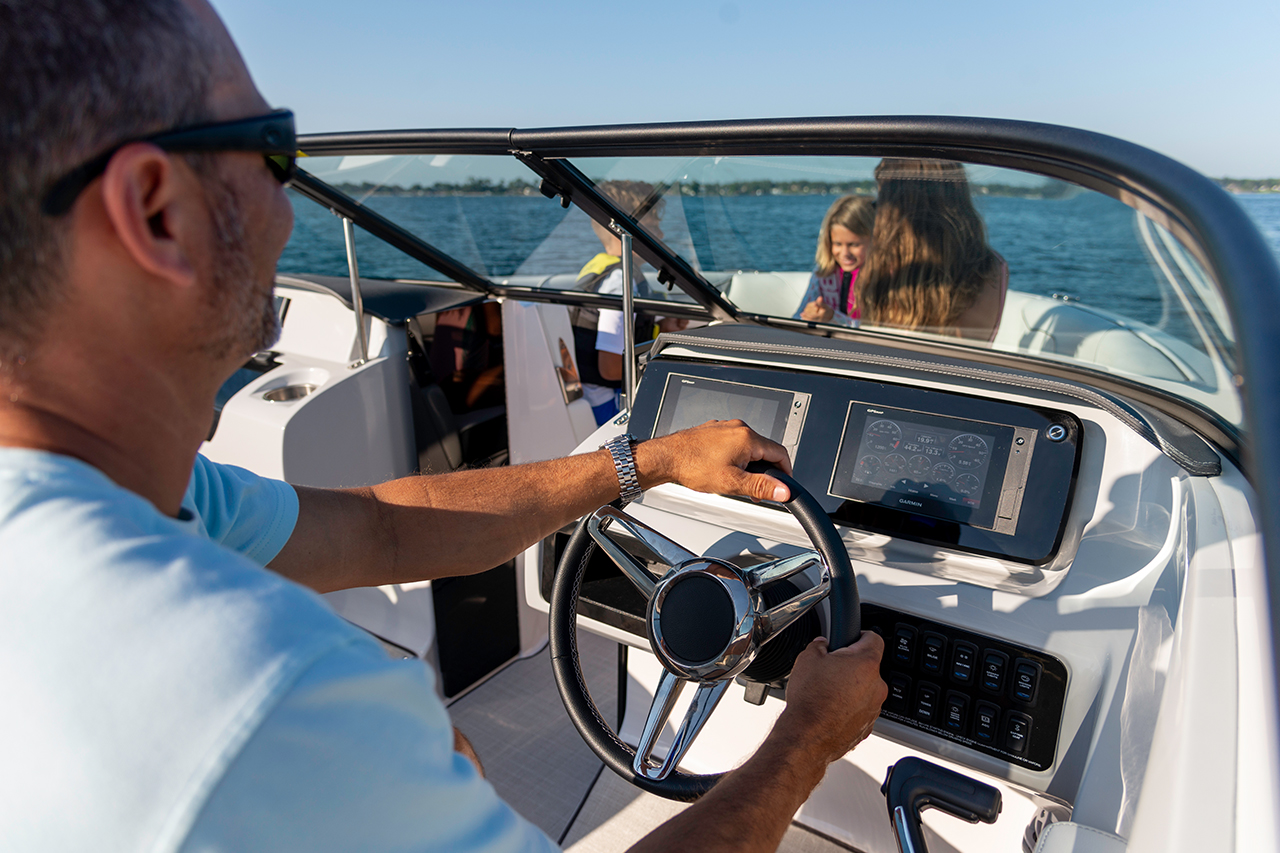How to Value and Price Your Boat for Sale
There are a lot of factors that may affect your boat’s sale price. Location, condition, mileage and optional accessories all come into play, as well as time of year you sell it and the current demand. Let’s walk through it all to help you make the most informed decision when pricing your boat and putting it on the market.

Start with the NADA Boat Value tool for a baseline value before listing your boat for sale.
Start with the NADA value
BoThe boating industry uses NADA’s–the National Automobile Dealers Association’s–Guide for Boats as a baseline.
Like it does for cars, motorcycles and even RVs, NADA compiles boat sale prices and updates the guide regularly, issuing multiple, evolving values for auction, trade-in and private party sales. Some main factors NADA looks at are:
- Location
- Condition
- Optional Accessories
- Engine and Engine Hours
The more details you can put into the NADA tool, the better, to get the most accurate value. Most notably, be fair in how you assess your condition, because that has significant impact on the value. We’ve embedded the NADA tool right here at BoatsForSale if you want to check it out right now.
Carefully evaluate your boat’s condition
The most important factor in determining the price of your boat compared to other similar boats is its condition, both mechanical AND cosmetic.
When you’re doing your competitive research, check the condition the comparable boats your potential buyers are looking at. Is yours similar? In better condition? Are there some minor updates you can make to it cosmetically, or minor mechanical upgrades that will pull sellers over to your boat, and capture a higher price? Even if you don’t want or have a lot to invest in improving your boat’s condition, there’s a lot you can do to ensure it’s presented optimally. Be sure to review our checklist 10 Things to Do to Get Your Boat Ready for Sale before you price and list your boat.
Research local values directly
Ideally, the seller has an organized file of maintenance receipts and reports.
While the NADA tool is a great start, there are often regional and local factors and trends that come into play that affect demand for certain boat types, boat makes and models that NADA can’t detect or predict. By checking out local listings from dealers, on sites like BoatsForSale.com and even local listing sites like Craigslist, you can get a more accurate picture for what’s reasonable for your area. Of course, prices range depending on the seller, and even the length of time the boat has been listed, so take all of this into account.

Reviewing your boat’s condition, accessories and upgrades against comparable boats in your area will help you hone in on a more specific price.
Value after-market accessories fairly
While the NADA tool allows you to tick boxes for optional accessories, after-market items are not all covered.
Some sellers choose to take these with them, and some choose to leave them with the boat for a variety of reasons. While most accessories, especially boat electronics, add value, they quickly get outdated by new technology. A good rule of thumb is that if these accessories are less than five years old, you can hope to capture 50% of their value in the sale. After five years, though, this drops dramatically. Do your homework to be sure you’re adding enough, but not overestimating, the value these bonus accessories add to your boat listing.
Time the sale for the best price
Consider waiting until just before high boating season to sell (in some cases, it’s always boating season, and you’re just lucky)
It isn’t always an option to put your boat on the market at the ripe time to capture the highest value. And this isn’t the most significant factor in boat price, but when you consider the demand as people are getting antsy to get in the water, and how your boat may stack up to the competition, timing can get you top dollar.
Consider your timeline
There are a lot of different strategies when pricing your boat for sale.
Some sellers start above the price they’re comfortable with, so they have room to negotiate. Some start with a set price, and decrease it incrementally based on interest or days in the market. And some price it to move. Whatever your angle, as long as you’ve done your homework you’re best set up to eventually elicit a fair offer. And if you decide anytime that you just want to get the boat off your hands, let us make you a cash offer, or consider listing it in one of our auctions.
